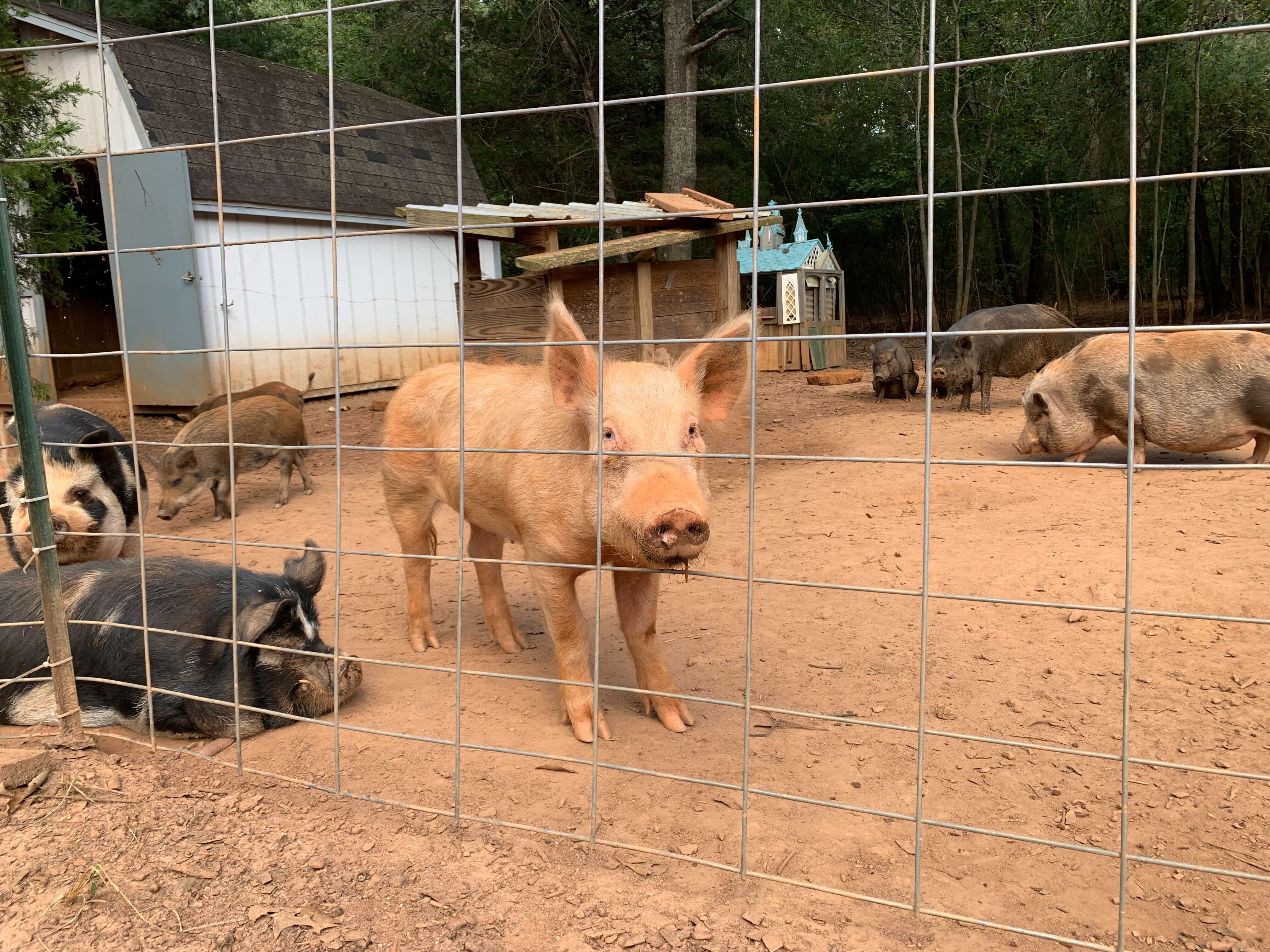Adulthood feels like the sticky fire of skinned knees and having a million words stuck on the tip of your tongue. It feels like the pricks of gaining feeling in a limb after it falls asleep, and like having to make hard decisions while knowing there is no right one.
Why It’s Newsworthy: The biggest influencer on the path of growing up and the rate of coming of age in the Millennial generation is the prominence and immersion of the internet. Because Millennials are the first generation to be influenced by social media in such a prominent way, examining the effects it has on human development and on interactions in new-age relationships shows its influence on personal growth in Millennials living in the age of screens.
When people enter adulthood is different for everyone, with some using college graduation as a stepping stone and others using financially stability as their turning point. The growing pains though, are always there, particularly in the age of social media when the rate of growth has exponentially changed.
Millennials in particular, have taken a path toward adulthood that is unlike any generation before them. The age range of Millennials is wide, ranging from ages 18 to 33, according to the Pew Research from 2014. John Weatherford, a faculty member at the New Media Institute at the University of Georgia, notes that because of this range, the influence the internet has on growing up depends on the age of the Millennial.
Weatherford has been a faculty member at the New Media Institute at the University of Georgia since 2014, but has been building computers and websites since he was 10 years old. His primary focus in academia is on user experience and product design.
Growing alongside the internet
Millennials developed alongside the growth of the internet and social media during a time when censorship and monitoring exposure was not a priority, Weatherford said. There was little study of how social media or the constant relationship with the internet at our fingertips affected the sociology of Millennials.
“Is this causing real psychological harm? Is this impeding on people’s development? Is this tearing at the fabric of our nation?” Weatherford said.
The majority of social media users think the internet has benefited them personally, including both Millennials and other generations. According to a Pew Research study, mostly younger internet users view the internet as a positive variable within society. According to the 2018 study, 73 percent of Millennials think the internet positively impacts society, compared to 63 percent of the generation before them.
Julia Vollmer, a recent graduate from the University of Georgia, relies on the internet to help mitigate the anxieties of growing up and to create a feeling of home for herself despite the distance from her family living in New York.
While navigating the anxieties of adulthood, Vollmer uses her family as a way to stay grounded. Because they are all back in New York and her friends are peppered throughout the states, Vollmer relies on technology to stay connected and uses her family and friends as a sounding board to feel more at home.
In contrast to Vollmer using the internet to ease the anxieties of adulthood, Logan Shook, a student at UGA, finds social media to be a direct source of anxiety while growing up.
Around age 13, just before high school, Shook dove head first into the social media realm. He still sees how it influences relationships and connections today and works to be mindful of his exposure as he grows.
Logan Shook, a student at the University of Georgia, stands in his doorways at his home in Athens, Georgia. Shook feels that social media has contributed to his increased sense of anxiety as he’s entered adulthood. (Maggie Holland)
“It creates a sense of anxiety because you feel like you have to know what is going on at all points or the world is going to end,” Shook said.
Shook also sees this marriage with social media becoming tighter for future generations. Children of younger generations are now starting to heavily use social media at the youngest ages of any other generation. Shook said it (the internet) will soon be so ingrained in the fabric of our society that we aren’t even going to think about it anymore.
A Common Sense census report from 2016 said 56 percent of children had their own social media accounts. The children’s parents said their children were, on average, 12 and a half years old when they first started using social media.
Anxiety in the Interwebs
The moment Nicole Landry, a current UGA student, felt a coming of age was once she started suffering panic attacks. Landry has always been an anxious kid, she said, but it took until college to realize not just that the amount of anxiety she felt wasn’t normal, but that she was the only one who was able to help herself.
“The thing is, no one can help you through that. You have to learn how to manage stress and stop panic attacks on your own in some ways,” Landry said.
Growing up for Landry was learning to prioritize her own health by cutting back on the time she spent on social media. Landry said just from scrolling through Instagram she’s experiences significant anxiety related to what she’s seen on social media.
https://youtu.be/rqx9ZHOI5-A
A recent report from Nielsen found that Millennials spend a little more than six hours a week on social media. Social media leads to an increase investment in the outside world, Landry said.
Despite the internet having an enormous influence on the current generations, Weatherford notes that the internet, like the printing press and the telegraph, is ultimately just another advancement in technology that helps facilitate basic human needs like communication, sustenance, commerce or even love and relationships.
“On the one hand, the internet is just another way to accomplish those goals, but on the other hand the internet facilitates those things at a speed and at a scale that goes a long way past what human society has evolved to deal with,” Weatherford said.
As far as the future of the internet and its direction, Weatherford sees no hint the progression slowing, but he hopes for a pivot toward more human-centric designs in softwares such as notification monitoring.
For Vollmer, Shook, Landy and tens of thousands of other Millennials, the internet influences individuals in various ways through their journey of growing up. Growing up feels like treading water. After the thrashing and sputtering subsides and instincts kick back in, entering adulthood feels a lot like the symphony of bobbing up and down after mastering the art of treading water. Each generation feels it differently, and for Millennials, with the influence of the Internet, it can feel like being on the edges of the inertia of a hurricane, while resting within the eye of the storm at the same time.
Maggie Holland is a senior majoring in journalism in the Grady College of Journalism and Mass Communication at the University of Georgia.








